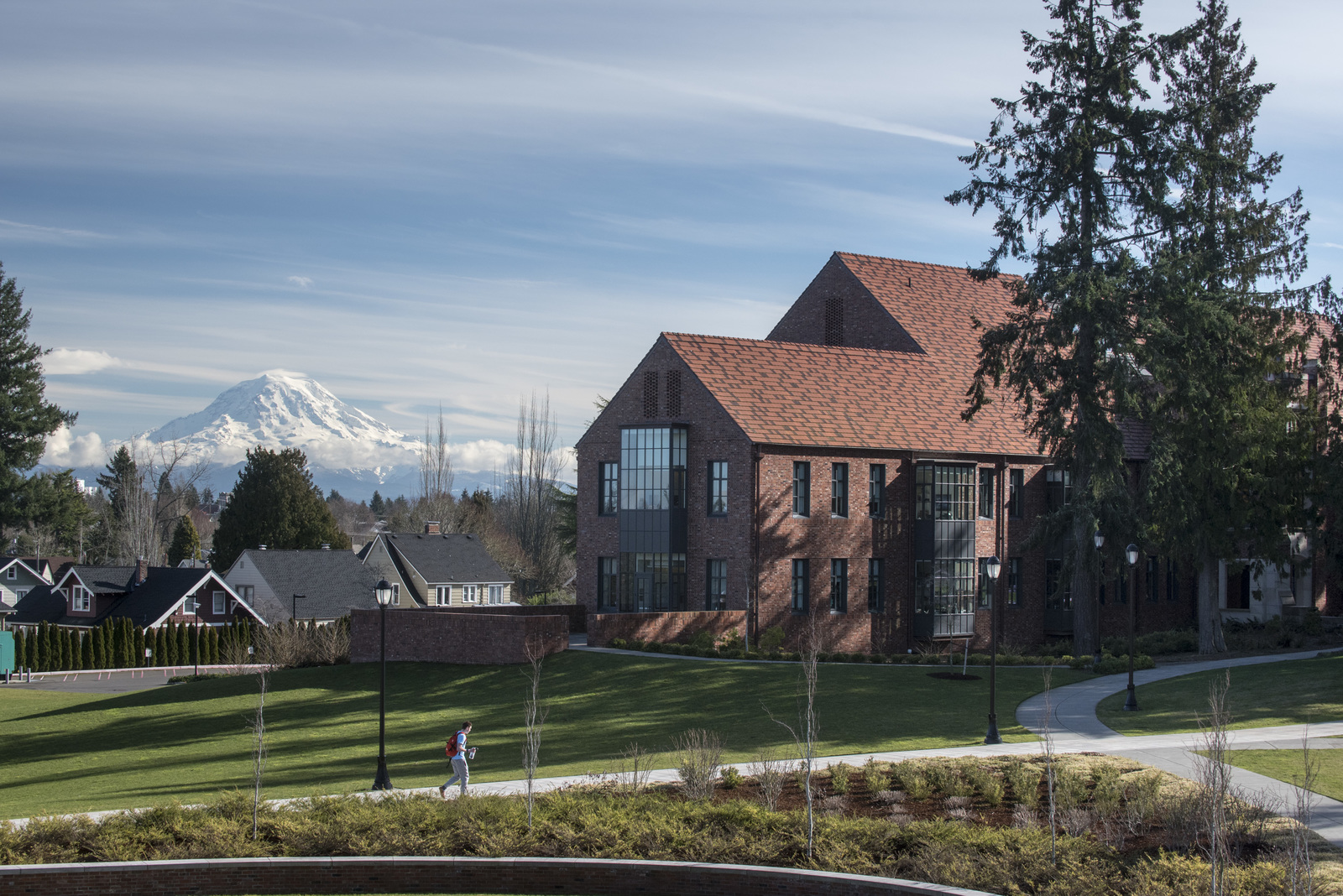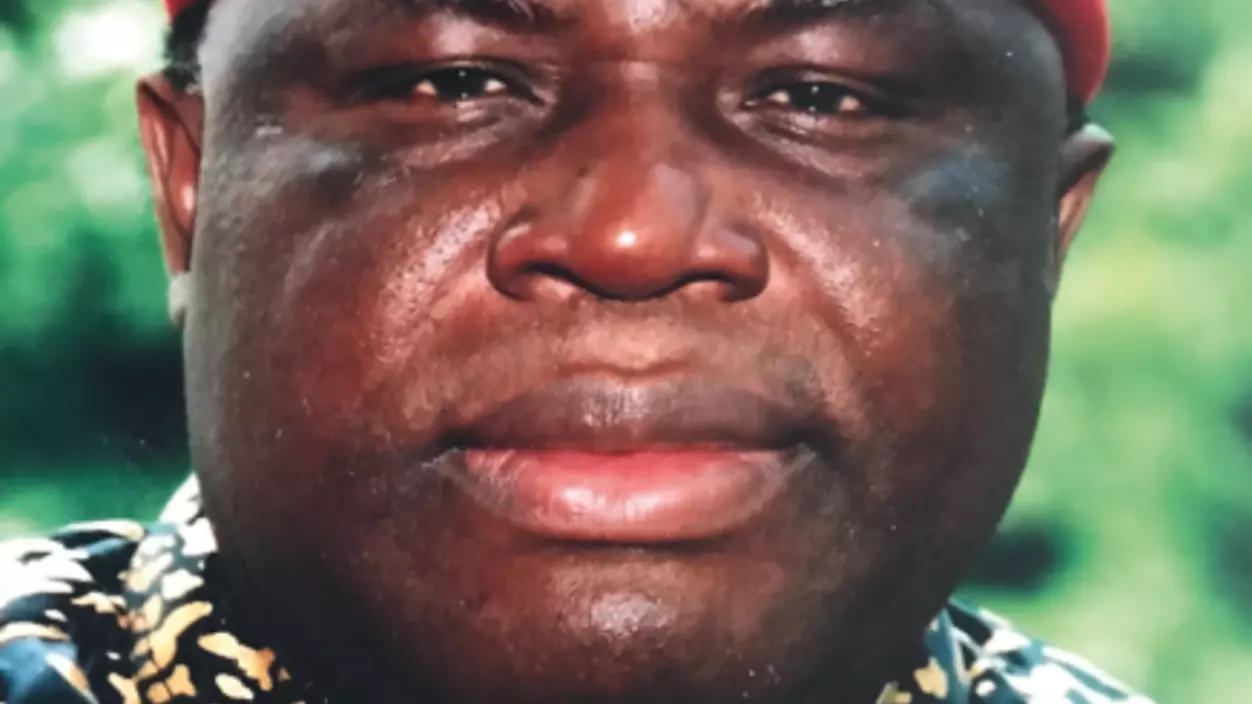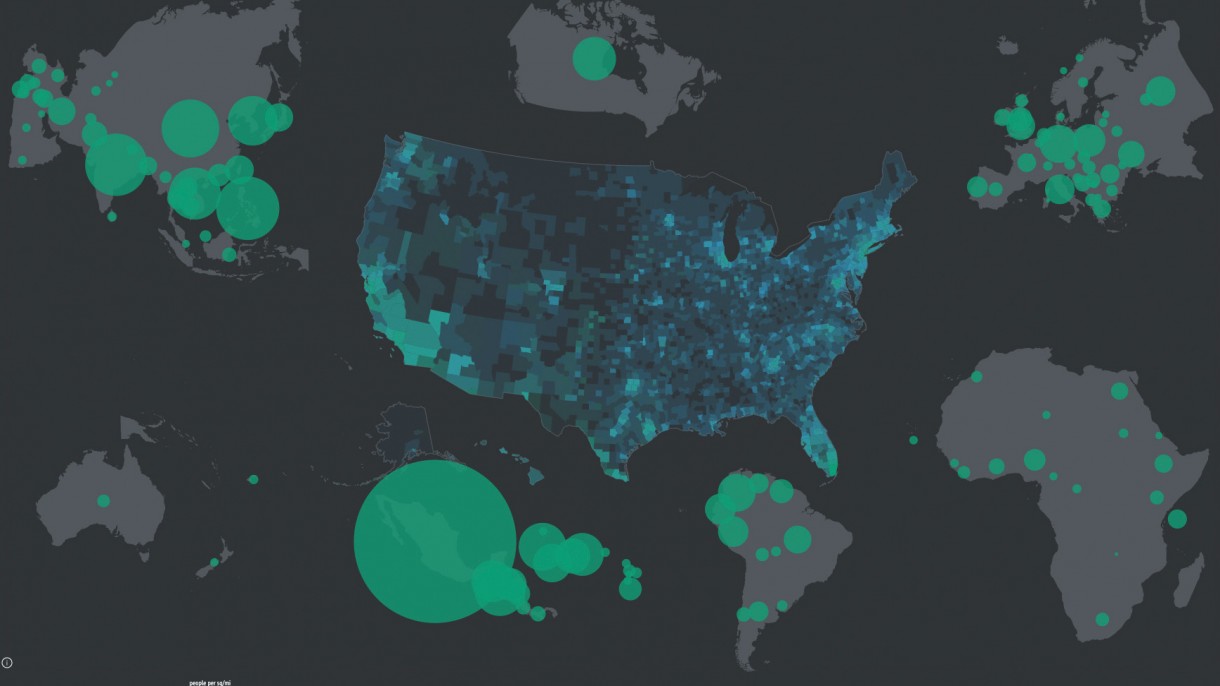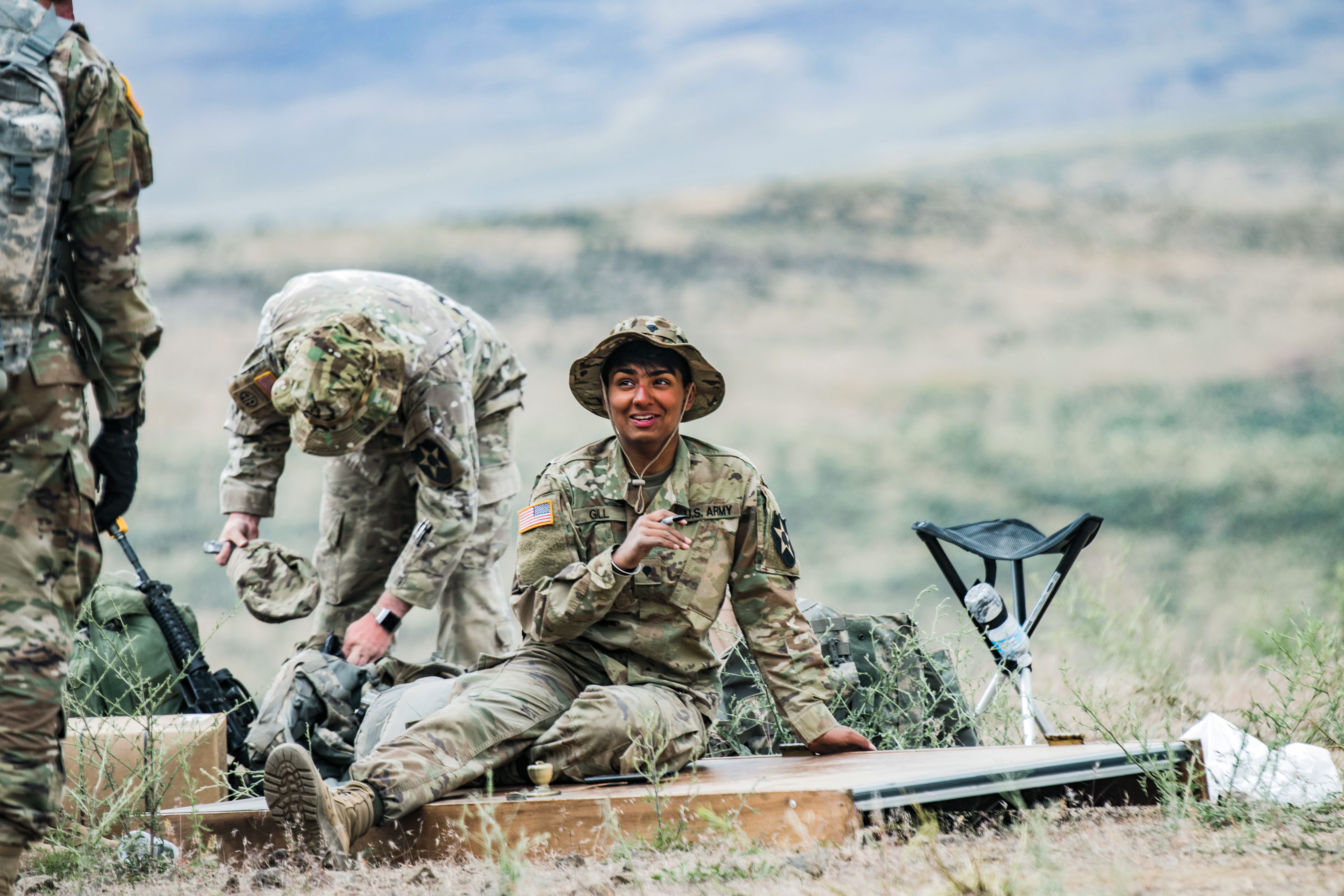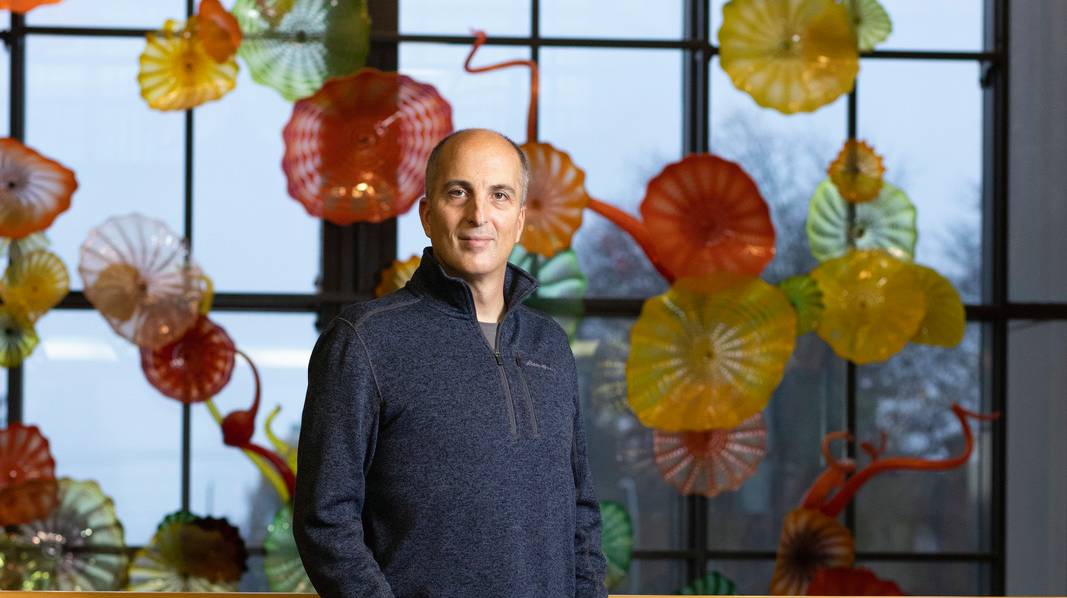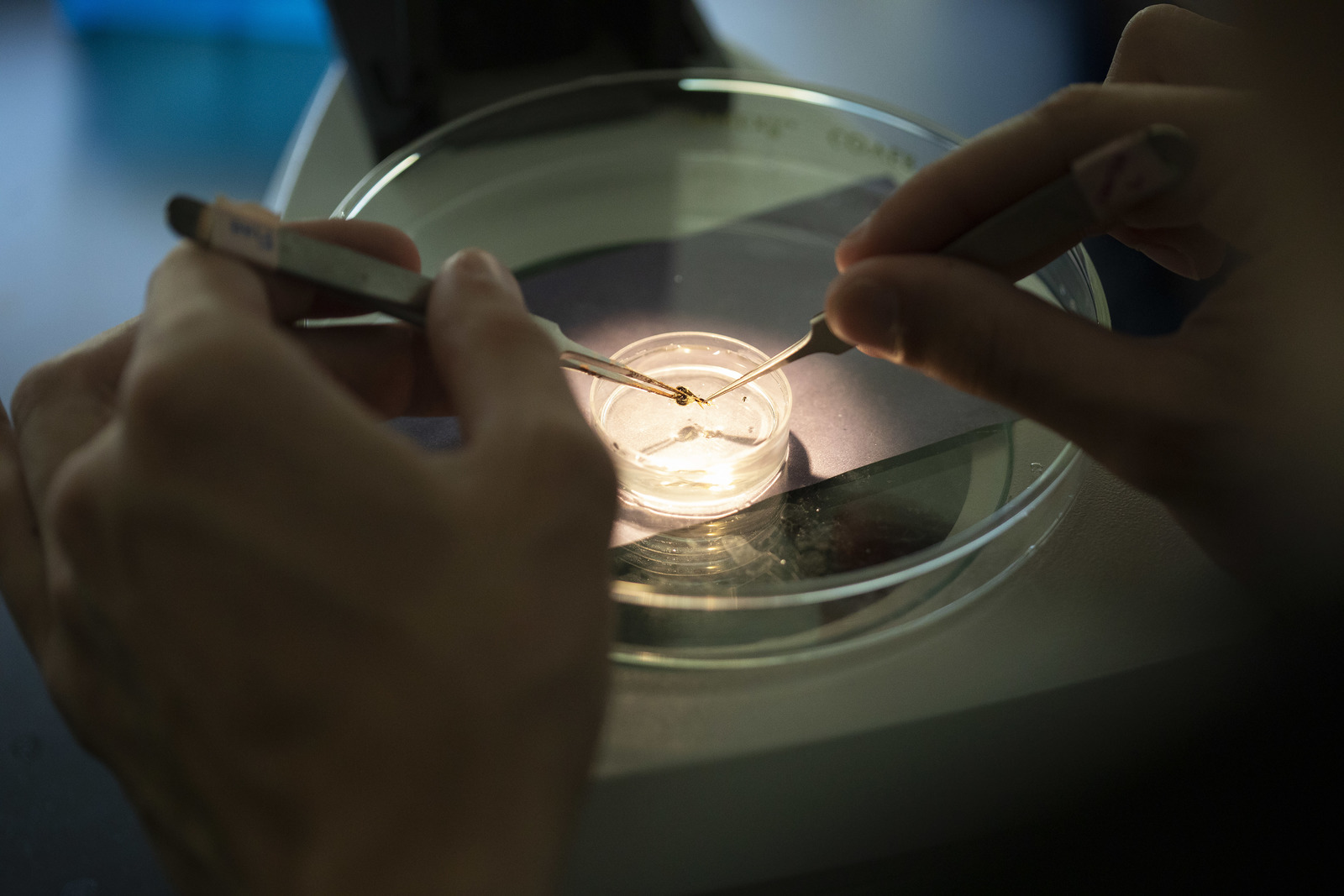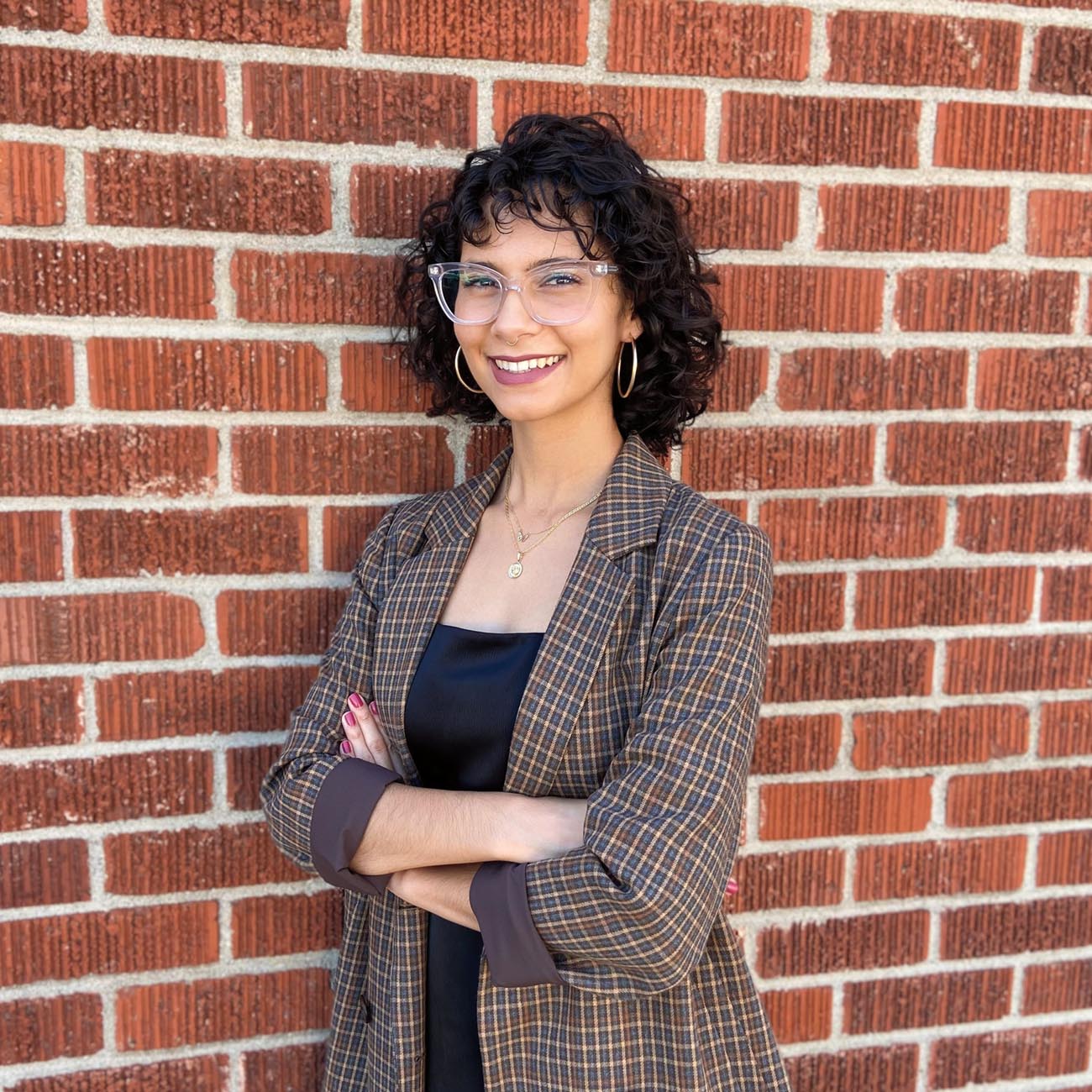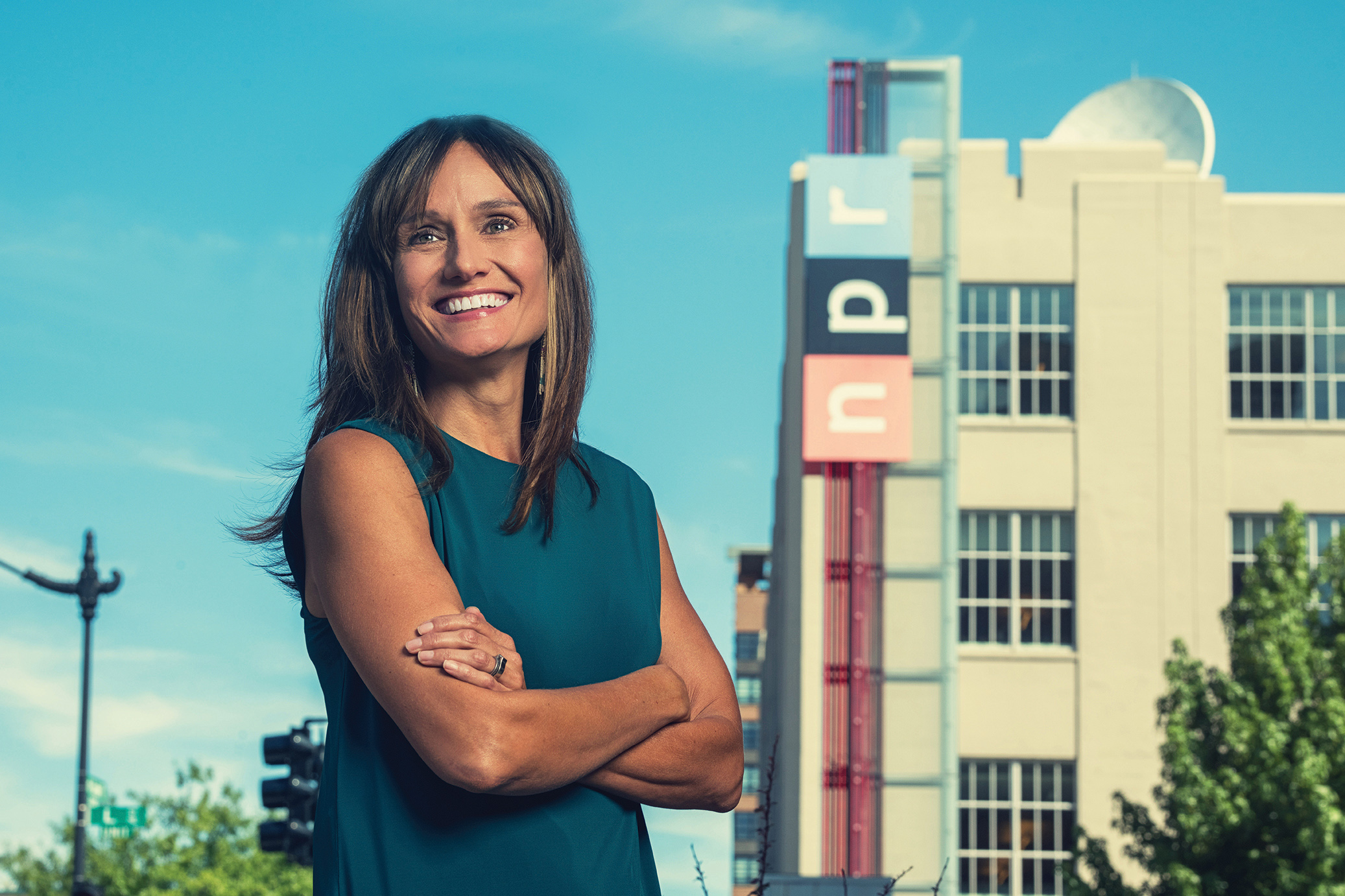With the Vietnam War in full swing, and classmates both opposing the war and fighting in it, George learned some of his first lessons in diplomacy on the Puget Sound campus. “It was a very disciplined and orderly environment,” he says. “The students were friendly to [each other] regardless of creed, race, or nationality. They opposed the Vietnam War but treated the returning vets who were in our classes like heroes. This level of respect for constituted authority was equally impressive, hence [Puget Sound] did not explode as many other universities did then.”
Meanwhile, the Merrills’ son was studying at Columbia University in New York City. As George neared graduation and expressed interest in continuing his studies, the family encouraged him to apply there. “Such a generous family is a rare and divine gift from God,” he says. “Indeed, their goodness has followed me all the days of my life.”
Despite worries about his family back home in Nigeria, where civil war continued to rage, George matriculated at Columbia and ultimately earned a master’s degree in international relations and a Ph.D. in international affairs. He went on to serve his home country in a number of diplomatic roles, including director-general of the Nigerian Institute of International Affairs, the high commissioner to Cyprus, ambassador to Israel (1999–2003), and ambassador to the United States (2004–08).
“The main lesson of my education, both in Switzerland and at Puget Sound, was to seriously learn the ways and manner in which human beings behave,” George recalls.
As ambassador, he says, the most important part of his job was to be “present, ready and able to serve the interests” of his host countries, “negotiating and explaining the issues of mutual interest.” From one generosity to another, George’s destiny, as he puts it, coupled his human relations training with his love of history, and his optimism with his strong practicality.
From his home in Nigeria, where he now writes op-eds on national politics and foreign policy and is penning an autobiography, George sent the following advice to Puget Sound students and recent graduates: “Hold your dreams of what you want to be, and pursue them with determination and courage. Everyone has his or her own destiny—follow your own.”
